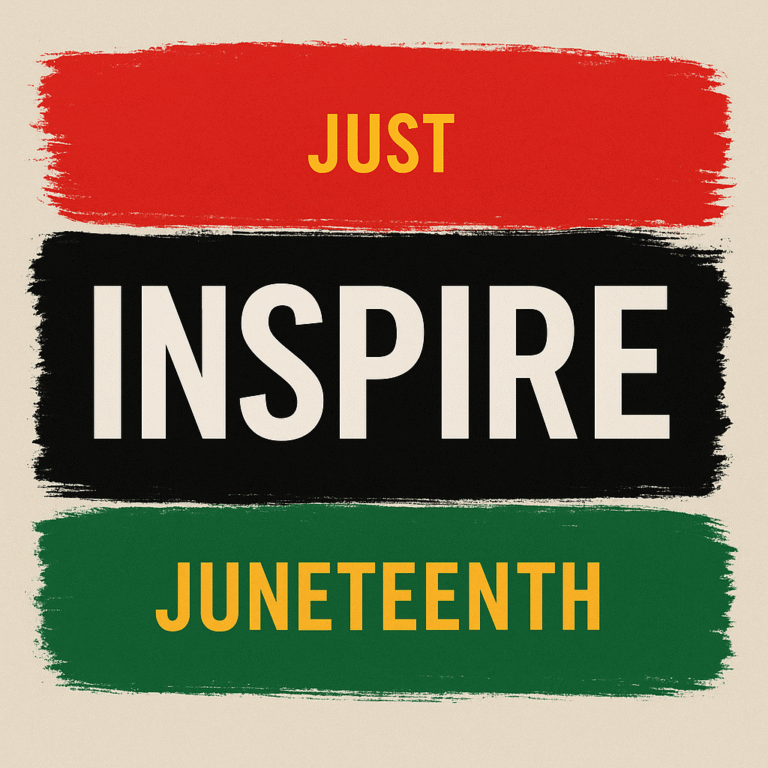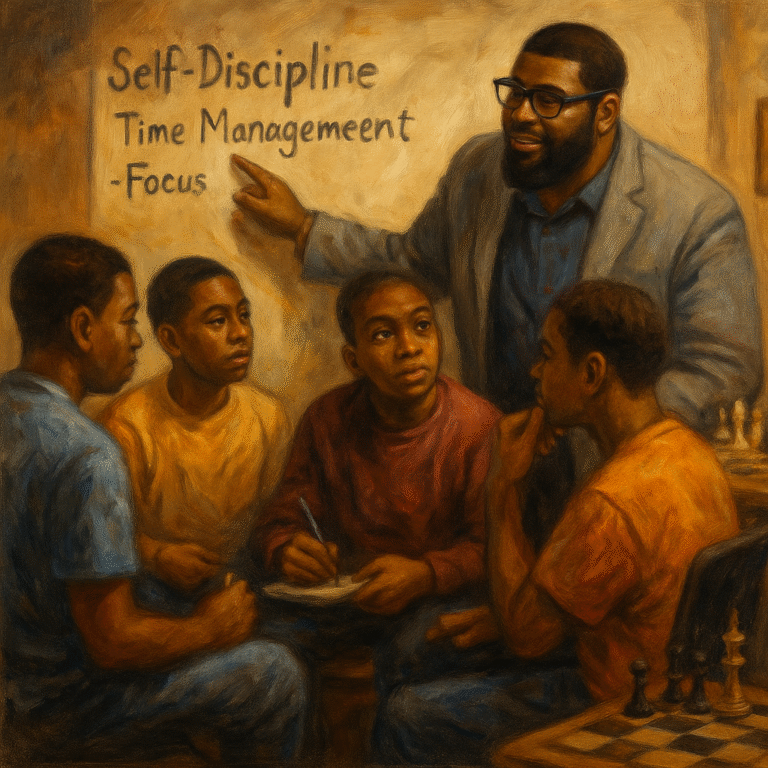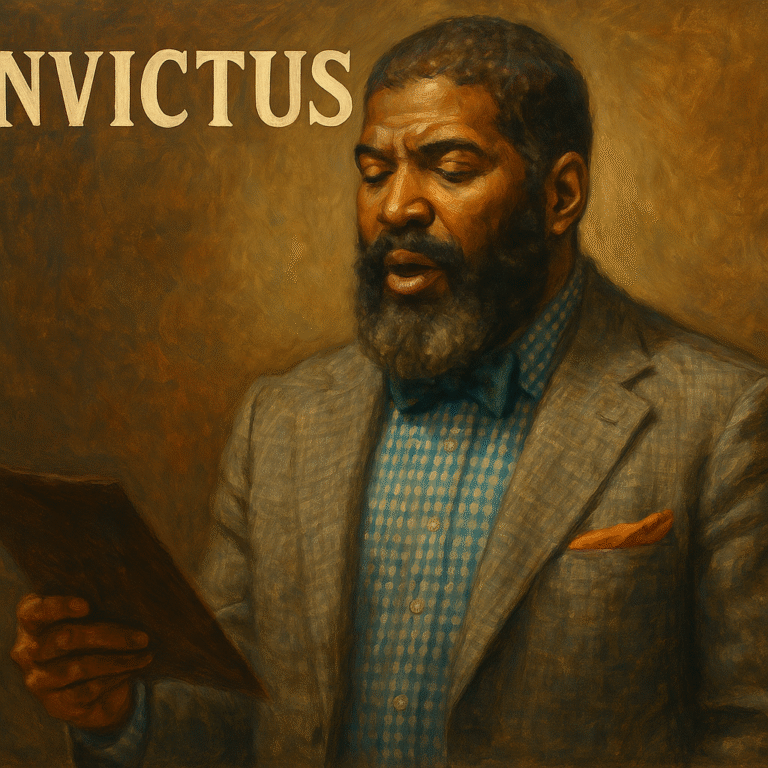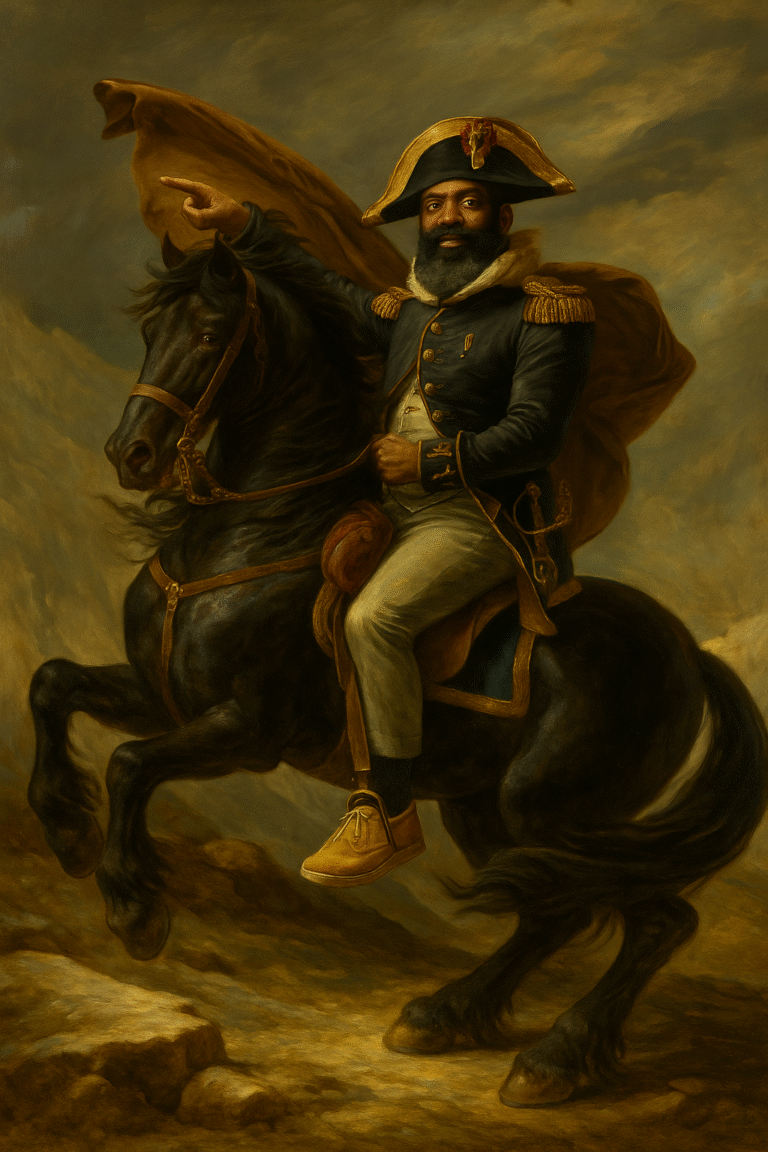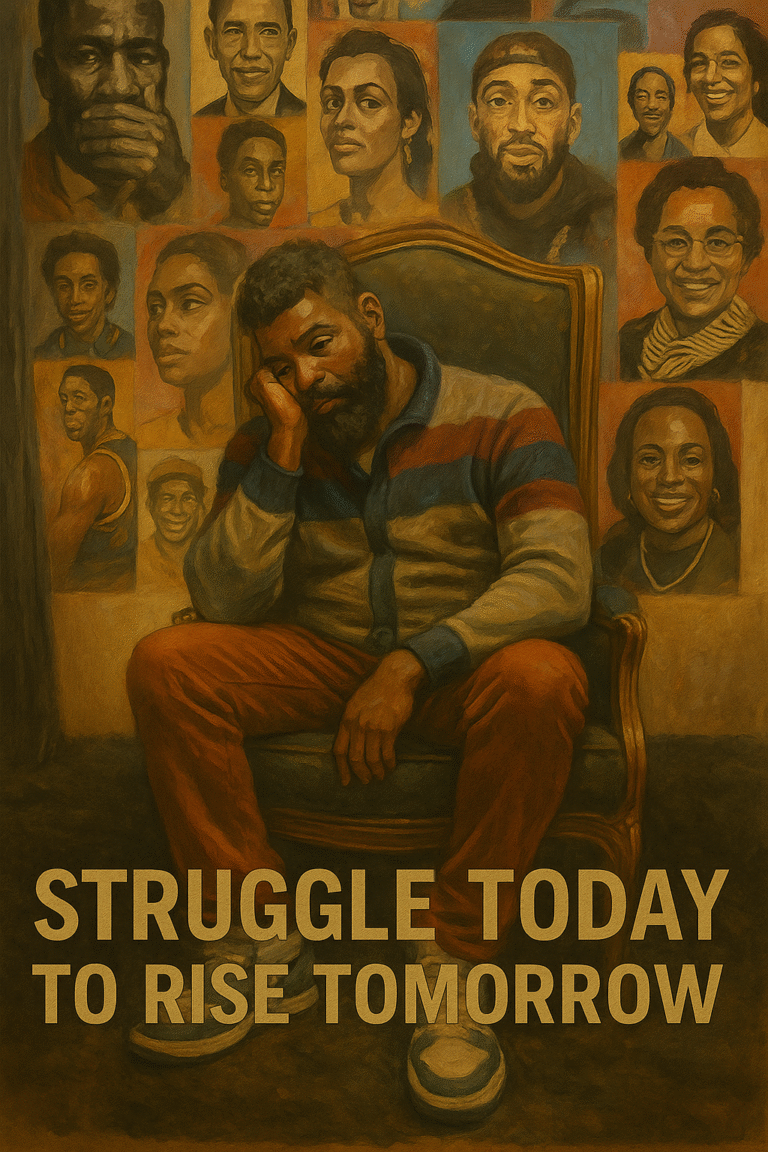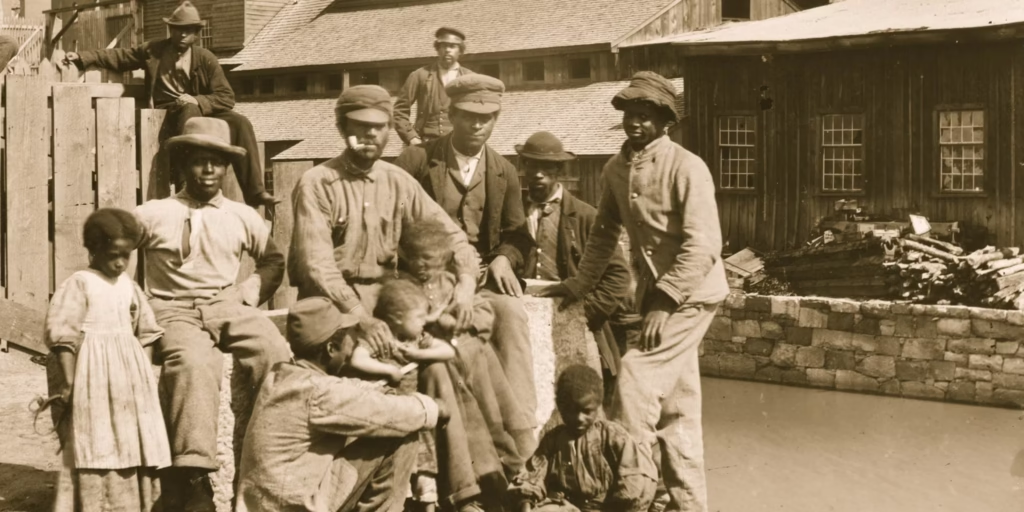
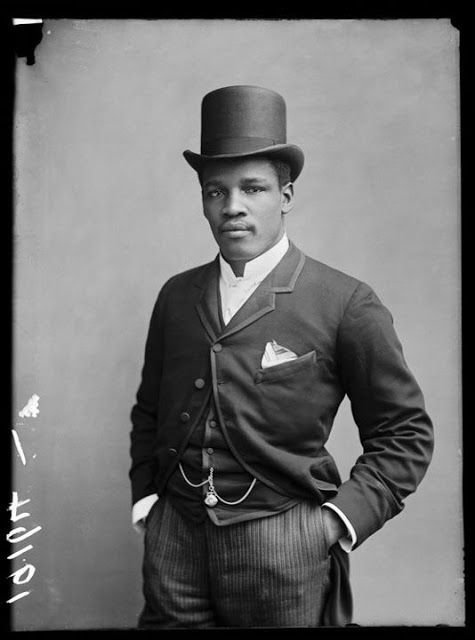
When the chains of slavery were broken on June 19, 1865 — two and a half years after the Emancipation Proclamation — a fire was lit in the hearts of newly freed Black men across America. What followed was not only a pursuit of liberty but a bold declaration of dignity through style, speech, education, and family commitment. They didn’t just walk into freedom — they stepped into it with suits, purpose, and pride.
Fashion as Resistance, Dignity as Reclamation
In the decades following Juneteenth, many Black men adopted fashion not simply as a trend — but as a statement. Tailored suits, polished shoes, pocket watches, fedoras, and bow ties became the uniform of those who demanded to be seen with the same respect denied to them for centuries. This wasn’t about vanity — it was about restoring manhood in a world that tried to strip it away.
Poise and presentation were protection. When they walked into a room well-dressed, well-spoken, and well-read, they challenged every stereotype used to dehumanize them. Even those without access to formal education made it their mission to speak with clarity, carry themselves with honor, and raise children who would go even further.
“They did so much with so little, so we could have the chance to do more with what we have.”
Education: A Sacred Duty
For many newly freed Black families, the ability to read was more valuable than gold. Schools for Black children sprung up in churches, homes, and fields across the South. Parents who couldn’t read themselves still demanded it for their children. And Black men — often with only scraps of opportunity — pushed into higher education, founded schools, led churches, and fought for literacy, knowing it was the gateway to liberation.
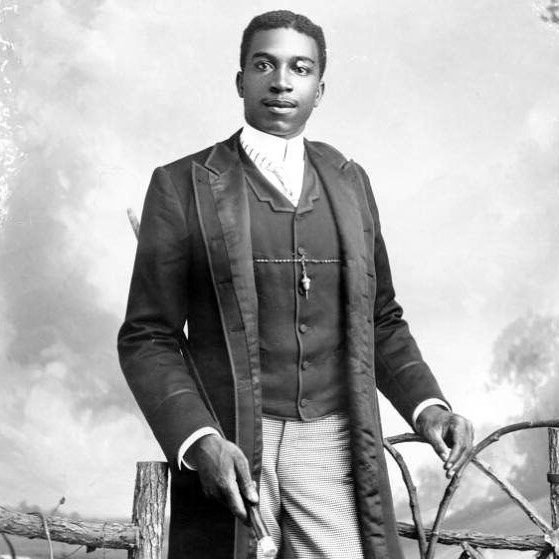
In fact, by 1900, literacy rates for African Americans had skyrocketed from nearly 0% in 1865 to almost 50%, and continued to climb over the next few decades. According to the U.S. Census and historical research, African Americans would go on to own 600,000 farms, hundreds of banks, and countless businesses by the early 1900s — all built on values of discipline, sacrifice, and pride.
Success Rooted in Family and Community
It’s easy to forget: this wasn’t just individual achievement. It was community-powered.
- Black families often pooled their resources to send one child to college, trusting that child would come back and uplift the rest.
- Churches provided mutual aid, financial assistance, and educational training.
- Elders mentored young men on how to carry themselves with integrity and grit.
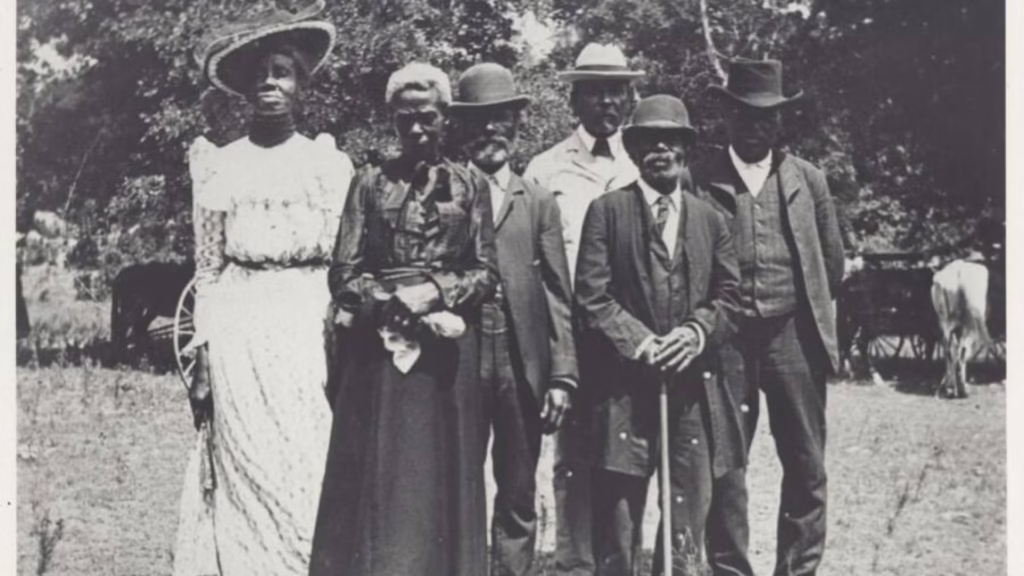
Every suit worn was sewn with sacrifice. Every book opened was bought with borrowed hope. Every dream fulfilled stood on a generation that endured the nightmare so we could live the possibility.
Call to Action: Answering the Ancestors
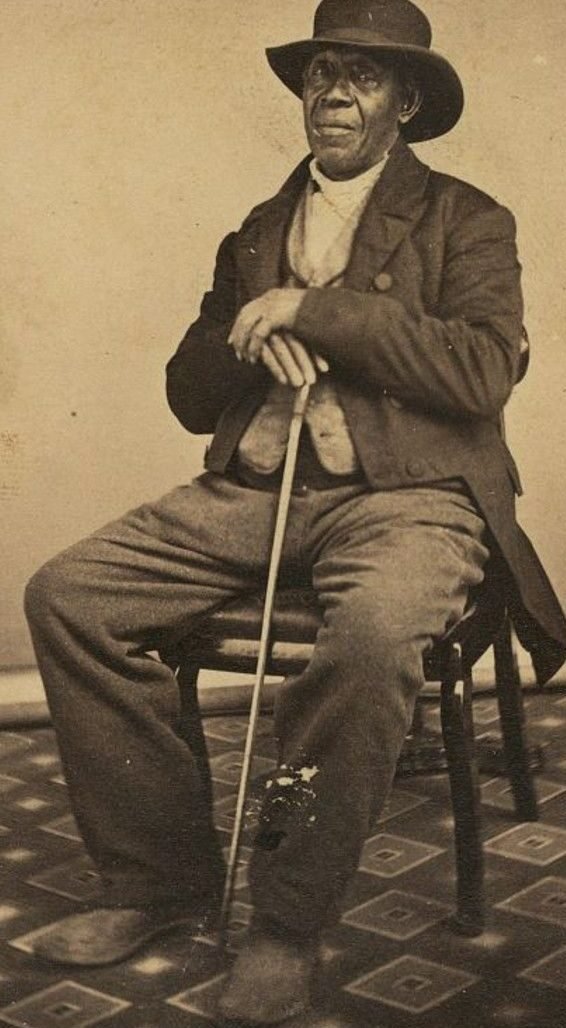
Today, we must look in the mirror and ask: Are we honoring that legacy?
You don’t need to be rich to be excellent. You don’t need to be perfect to be proud. But you do need to be committed — to your family, your community, and your purpose.
Every young Black man must know: Poise is still power. Education is still the key. And our appearance still speaks before we do.
Let us dress with pride, speak with truth, and walk in our full inheritance.
Because we owe it to them — and to ourselves — to rise.
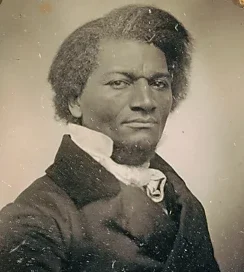
Be Wise. Be True. JustINSPIRE.



